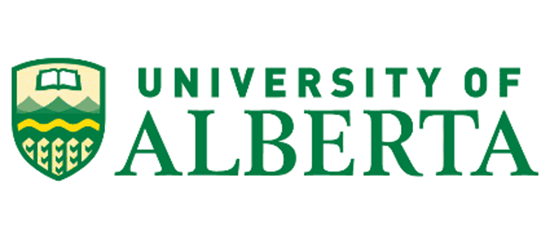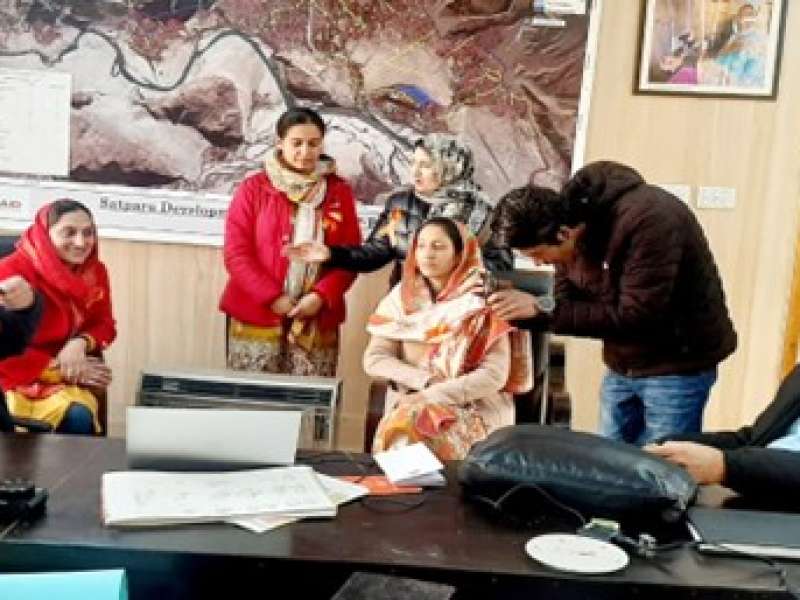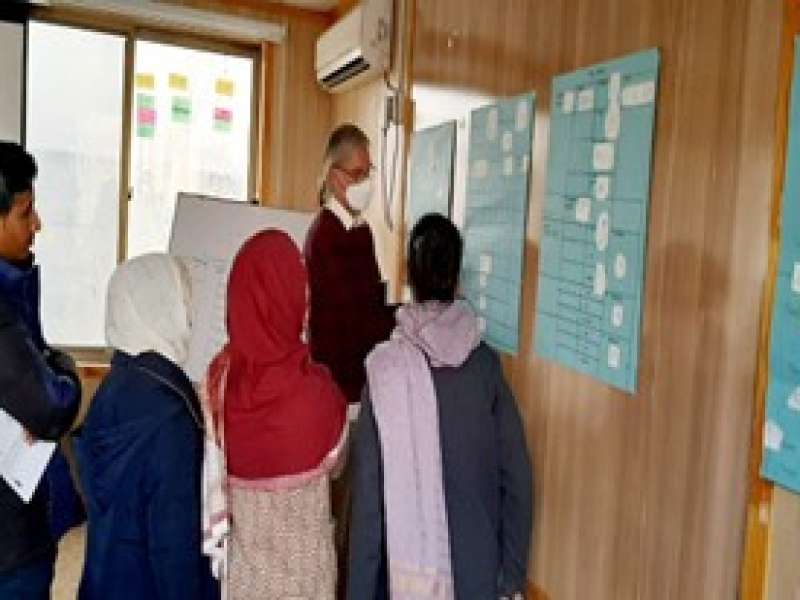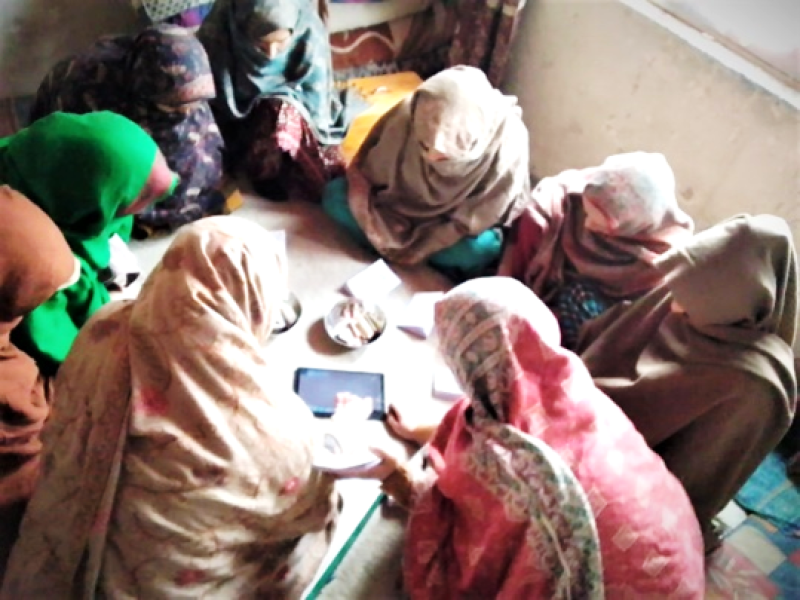Building Formal Financial and Health Numeracy Among Poor Women in Northern Pakistan
- Sustainable Development Goal :5 - Gender Equality
- Gender Equality Marker :Gender Transformative (GE3)
- Testing Country :Pakistan
- Testing Period :12 months
- Amount :$174,956
Women's financial inclusion in Pakistan is very low, with a Labour Market Assessment revealing that only 17% of women participate in paid labour and 50% of women are entirely illiterate. The University of Alberta tested an innovative solution to economically empower women in rural Pakistan, which will contribute to the development and expansion of women’s rights and support progress towards achieving the United Nation’s sustainable development Goals.
Testing Oral Information Management Solutions this innovation sought to develop women’s financial and numeracy skills through a combination of by introducing images and other visual cues and building on women’s existing oral communication abilities.
Oralized savings passbooks were designed using relevant images and icons drawn from the local context will guide users when recording their transactions. Additionally, an oralized maternal health and child growth calendar was created to support improved women and child health outcomes.
The ultimate goal of the financial and health numeracy training has been to equip illiterate, innumerate rural women and adolescent girls with appropriate financial skills and tools that will empower them economically and raise their capacities to pursue improved health outcomes.

Canadian SMO : University of Alberta
Local Partner(s) : Aga Khan Rural Support Program Gilgit, Baltistan and Chitral, My Oral Village (MOVE), and University of Adelaide: Department of Health and Population Gilgit-Baltistan
Region : South Asia
Theme : Education/financial inclusion



